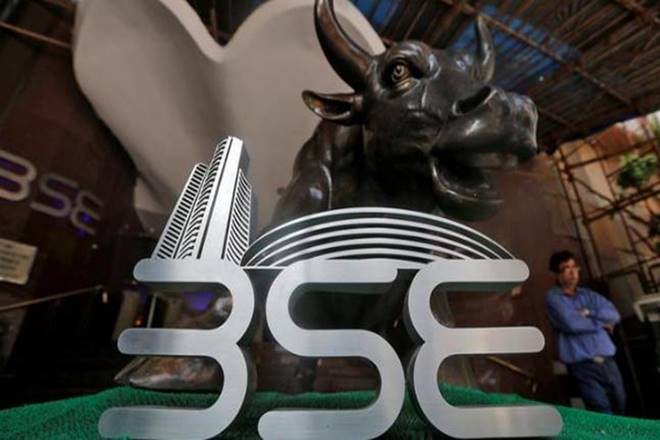The Indian headline indices- Sensex and Nifty fell by more than 370 points and 130 points respectively on Monday ahead of Lok Sabha election results to be out on May 23. While the Sensex ended at 37,090.80, points, the Nifty settled at 11,148.20 level. Among the top gainers on India’s leading exchange BSE were HDFC, Infosys, Hero MotoCorp among others whereas the top losers were Yes Bank, Sun Pharmaceutical and Tata Steel. Most of the banking stocks ended in red today. We take a close look at the key factors which brought the share market down today:
Banking Stocks: Today, most of the private banks stocks ended in red. Ys Bank was the biggest loser on BSE which ended lower by 5.58 percent at Rs 154.85 from the previous close. IndusInd Bank and ICICI Bank also ended lower at Rs 376.20, down 2.23 percent from the last close.
Lok Sabha election results: “There is a sell-off in the equity market as the Lok Sabha elections are about to get over on May 19 and the investors are discounting on that,” Siddharth Sedani, Vice President – Equity Advisory, Anand Rathi Shares and Stock Brokers told Financial Express Online.
Global pressure: The market sentiments are weak on account of trade deadlock between the world’s two largest economies- US and China. Both the countries ended their two-day trade negotiations on Friday with US imposing hiked trade tariffs on Chinese goods of around $200 billion as China backtracked on its earlier commitments in trade deal. According to reports, no fresh round of talk has been scheduled so far and the two superpower economic might iron out their differences with regard to trade tariffs during G 20 summit next month.
Domestic factors: The recent macroeconomic numbers are not impressive and the recent IIP numbers which were at 21-month low also draws a grim picture of the country’s growth outlook story going forward. According to the experts, the outlook for the consumption industry is also not very good. The recent study by NSSO (National Sample Survey Office) between June 2016 and June 2017 found major gaps in the GDP calculation as the revenues of lot shell companies were included in the calculation.


